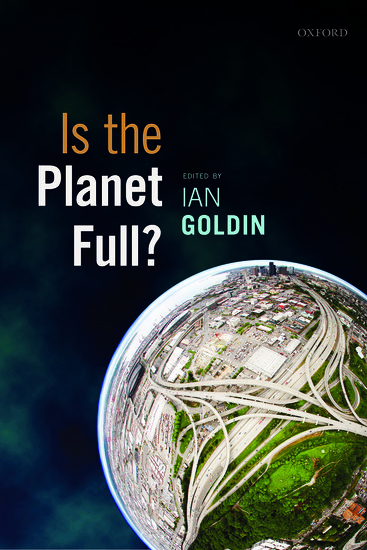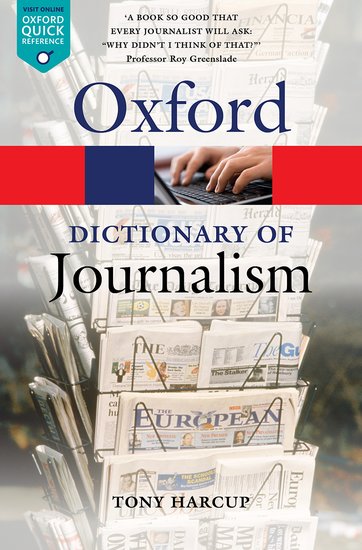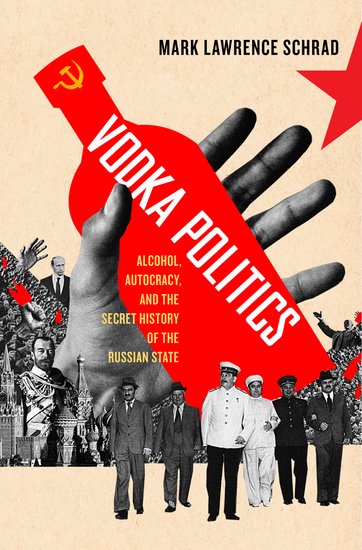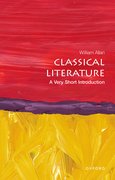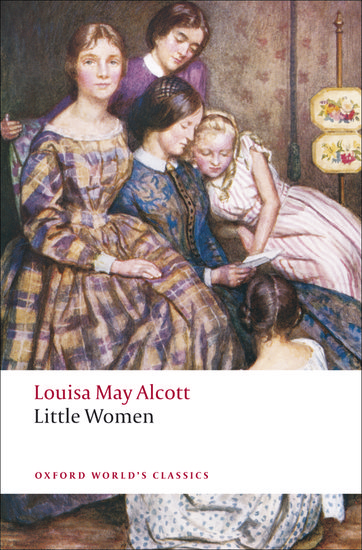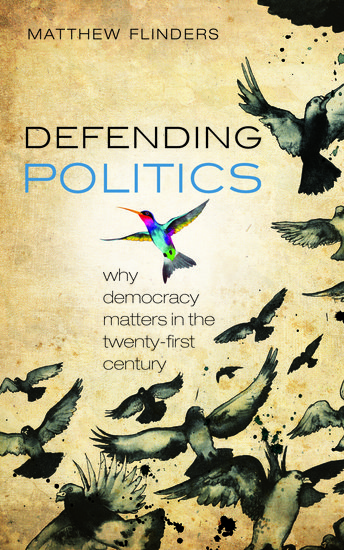Photography and social change in the Central American civil wars
By Erina Duganne
Many hope, even count on, photography to function as an agent of social change. In his 1998 book, Photojournalism and Foreign Policy: Icons of Outrage in International Crises, communications scholar David Perlmutter argues, however, that while photographs “may stir controversy, accolades, and emotion,” they “achieve absolutely nothing.”



